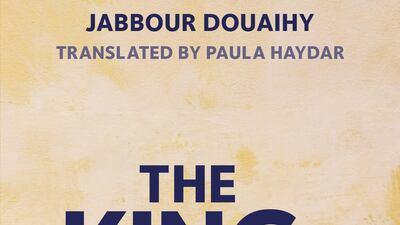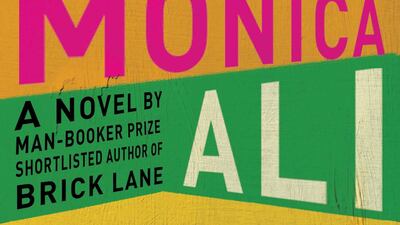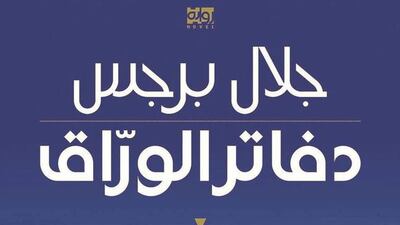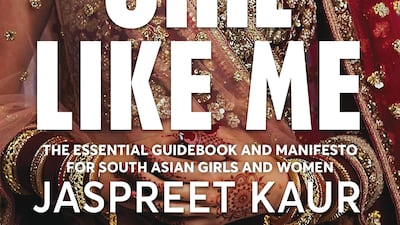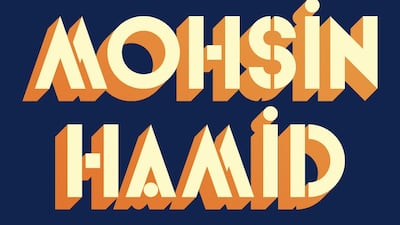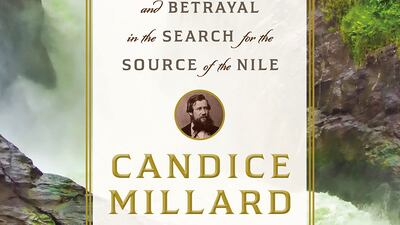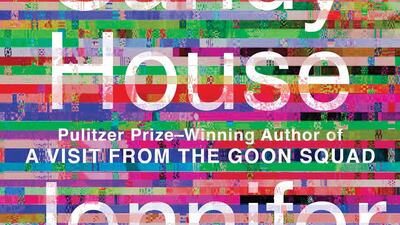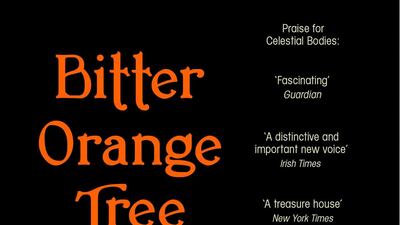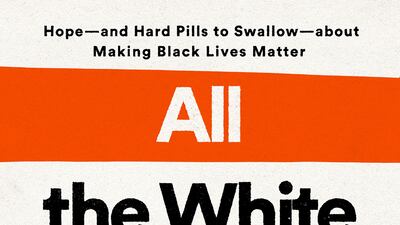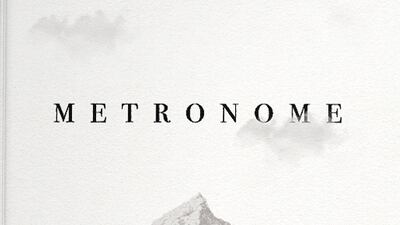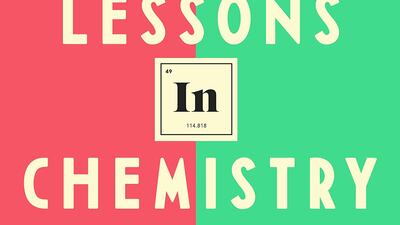It’s set to be another fascinating year in books, with novels spanning centuries, novels taking on the diaspora experience, novels exploring clashing cultures and – most of all – novels offering us succour, solace and hope that people, relationships and places can be better.
That means welcome returns from Hanya Yanagihara, Monica Ali, Jennifer Egan and Mohsin Hamid, as well as some bright new voices; we’re staggered by how accomplished Bonnie Garmus’s Lessons in Chemistry feels for a first effort.
There’s also plenty to enjoy in translation from Arabic, with famous names such as Jokha Alharthi offering new novels in English, while there’s also much to chew on in the non-fiction world, such as Brown Girl Like Me by Jaspreet Kaur, which takes on the issues of our day with great skill.
Here are The National’s suggestions for your 2022 reading list…
Literary fiction
The first weeks of the new year bring with them an immediate treat in Yanagihara’s ambitious follow-up to the similarly immense A Little Life. An early tip for the top literary prizes in 2022, To Paradise comprises three linked stories set in 1893, 1993 and 2093, the elusive utopia of the American dream picked apart in this perceptive but emotional novel.
Moving to England, Love Marriage by Ali (February) is another wonderfully wise look at the British-Asian experience from the Brick Lane author. When Yasmin gets engaged to fellow doctor Joe, their impending nuptials develop fissures as soon as Yasmin's parents meet Joe's feminist mother; what begins as a wry social comedy develops into a story of secrets, betrayals and two cultures searching for common ground.
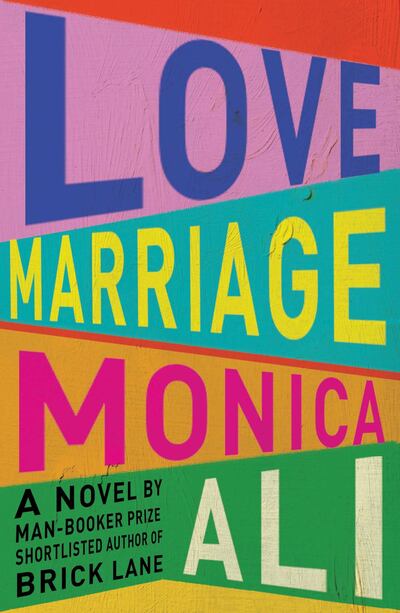
We loved Egan’s Pulitzer winning A Visit from the Goon Squad back in 2011, so it’s fantastic to hear that a “sibling” novel The Candy House will be with us in April. Following a number of characters that had walk-on roles in the first novel, this one will have a similar commitment to comedy, technology, connection and the meaning of life in the 21st century.
A new Hamid novel is always something to look forward to, though it’ll be August before we can get our hands on The Last White Man. It has an intriguing premise; one day Anders wakes up to find that his skin has turned dark – and he’s not the only one. What this all means for the way humanity views itself is Hamid’s deeper concern, but framed around a compelling love story.
Arabic fiction in English translation
As has become the encouraging norm, the focus of this year’s translations into English will largely come from novels recognised by the International Prize for Arabic Fiction. February has Mohammed Hasan Alwan’s 2017 winner Ibn Arabi’s Small Death translated by William M Hutchins; this Saudi author takes an expansive look via historical fiction at the life of 12th-century Sufi philosopher Ibn Arabi – from his birth in Muslim Spain until his death in Damascus.
Jabbour Douaihy’s The King Of India was shortlisted in 2020, the Lebanese author setting up an intriguing mystery when the body of Zakaria is found just after he returns to his Lebanese village from exile in Europe, America and Africa, with an expensive painting. Combining this whodunnit with plenty of cultural and sectarian insight, the translation by Paula Haydar could see Douaihy cut through, come August.
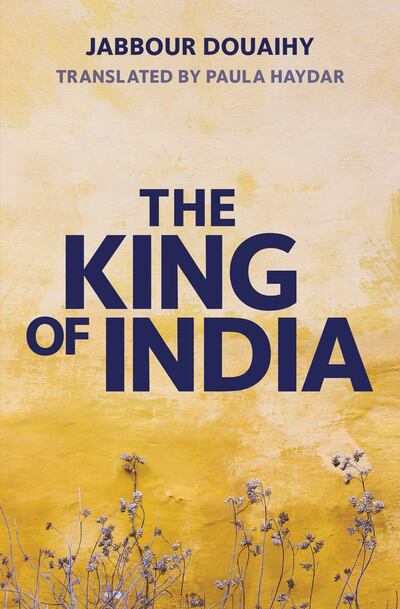
There’s an even more current IPAF winner due for later in the year when Interlink publish Jalal Barjas’s 2021 winner Notebooks of the Bookseller. Paul Starkey’s translation will hopefully be as playful as the premise; the narrator Ibrahim begins to live his life like the characters in the novels he’s read, which becomes even more interesting when he starts committing crimes to right perceived wrongs. No set publication date for this yet, so keep your eyes peeled.
Alharthi’s Bitter Orange Tree (May) should capitalise on her Man Booker International Prize win for Celestial Bodies. It follows one young Omani woman as she adapts to life in Britain, while reflecting on her family ties back home – a classic past-meets-present tale translated by Marilyn Booth.
Debut fiction
If there’s a first-time author who can be almost guaranteed worldwide acclaim in 2022, it must be Honoree Fanonne Jeffers. Published in late 2021 in America only, The Love Songs of W E B Du Bois (January) is fantastic. It is a transformative look at the country through the eyes of Ailey, who travels back through a family history of oppression, slavery and cruelty, but in doing so finds resistance, independence and resilience. An immediate bestseller and Oprah Book Club Pick, the rest of the world is about to enjoy this massive, magnificent first effort.
Bringing matters right up to date, Kasim Ali’s Good Intentions (March) is the compelling, captivating story of Nur, a young British-Pakistani man who has fallen in love with a woman whom he feels he cannot tell his family about – because Yasmina is Black. A fascinating insight into the expectations inherent in immigrant life, Ali takes on racial prejudice and millennial relationships without ever succumbing to cliche or easy answers to the big questions he poses.
There’s a different relationship dynamic at play in Tom Watson’s brilliantly strange debut Metronome (March). Aina and Whitney have lived in exile on an island for a crime they committed together, but as the time comes for parole, shipwrecks start washing up, supplies diminish and Aina realises that maybe Whitney knew more about their surroundings than she let on. Maybe, it’s not an island at all. A thrilling take on the survival story.
Another fine female protagonist just waiting to be discovered is the fearless Elizabeth Zott, the star of Garmus’s hugely entertaining debut Lessons in Chemistry (April). An unconventional scientist with a television cooking show that isn’t only about food, she is outwardly successful and happy, but has a missing ingredient in her own life which gives this book its emotional heft. Already optioned for television, it will undoubtedly be the go-to book club read this year.
Non-fiction
Just from the cover and title, we’re really looking forward to Kaur’s Brown Girl Like Me (February). An inspirational memoir from the London teacher and poet, this is an agenda-setting book aiming to help women with South Asian heritage have the confidence to navigate the oppressions and microaggressions of life.
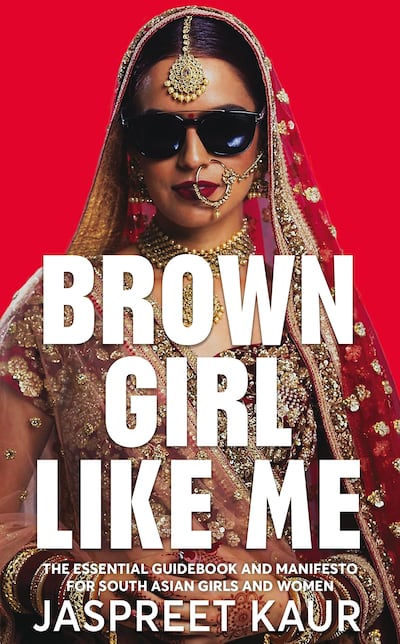
Talking of taking on oppression, Andre Henry’s All the White Friends I Couldn't Keep: Hope – and Hard Pills to Swallow – About Fighting for Black Lives (March) is another timely and necessary look at the fallout from Black Lives Matter. What Henry found is that his white American friends weren’t really interested in the struggle, but did want to talk about whether racism existed at all, or whether Henry should be so strident in his views. What Henry, a student of nonviolent social change, suggests here is bold – “divest from whiteness” – but incredibly compelling.
The history book we’re really looking forward to this year takes us down the Nile, and one of the most famous expeditions of all time; Richard Burton and John Hanning Speke’s 19th-century colonial mission deep into Africa. Candice Millard’s River of the Gods: Genius, Courage, and Betrayal in the Search for the Source of the Nile (May) introduces us to a third man on these journeys; a slave called Sidi Mubarak Bombay. Without his courage, knowledge and linguistic talents, neither man would have come close to the headwaters of the Nile.
Finally, if it is published in the latter part of this year as expected, the untitled Prince Harry memoir is not only likely to break publishing records, but give the media enough content for months. He’s already promised it will be “accurate and wholly truthful” – which, well, you’d kind of hope was a given…
